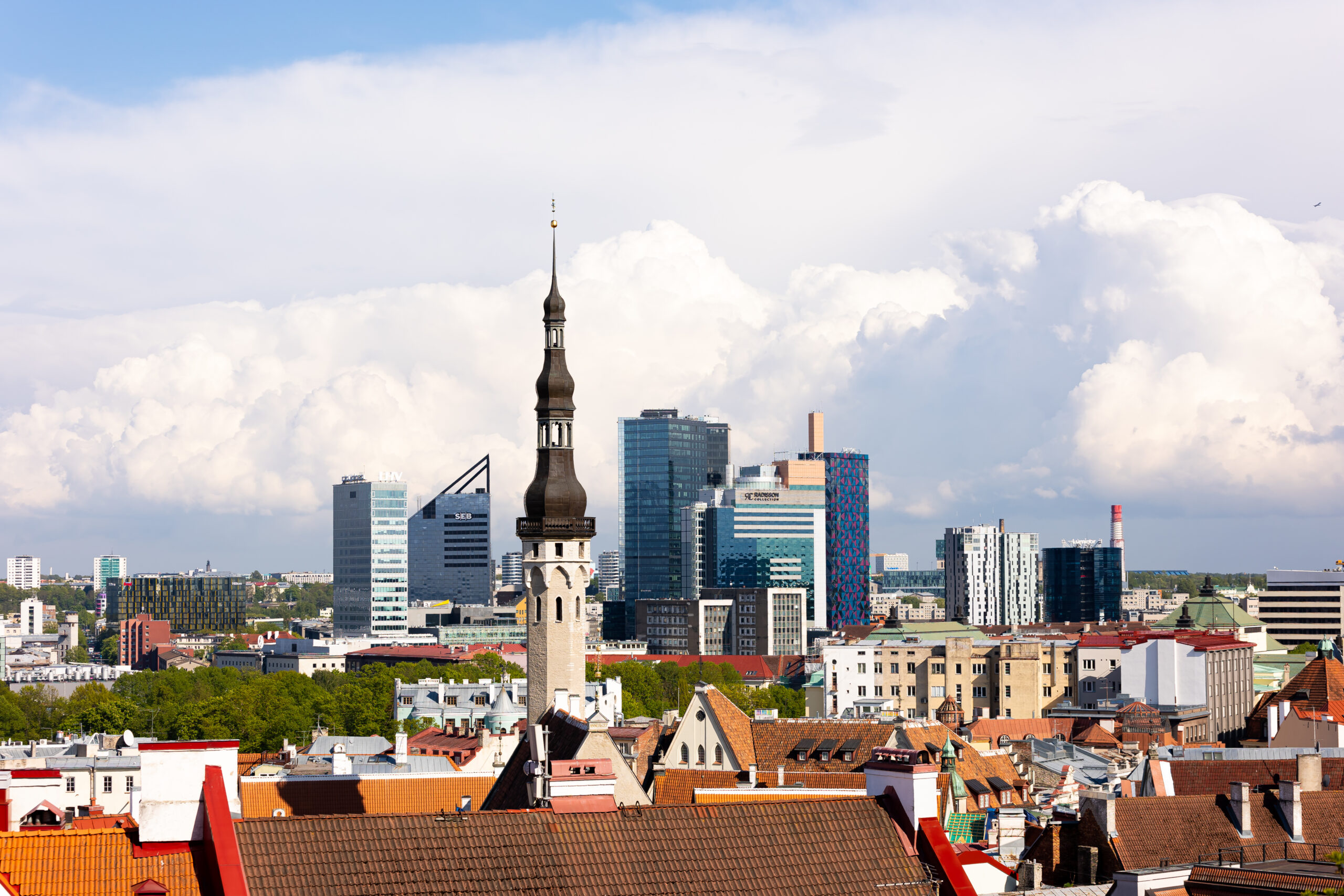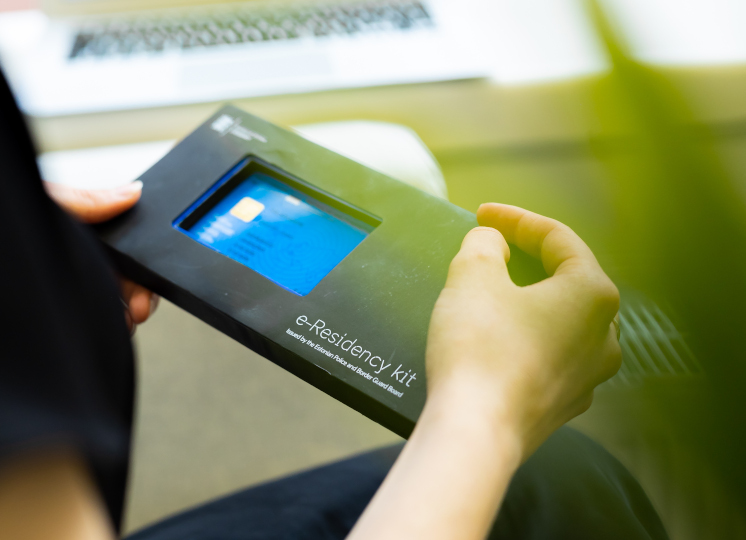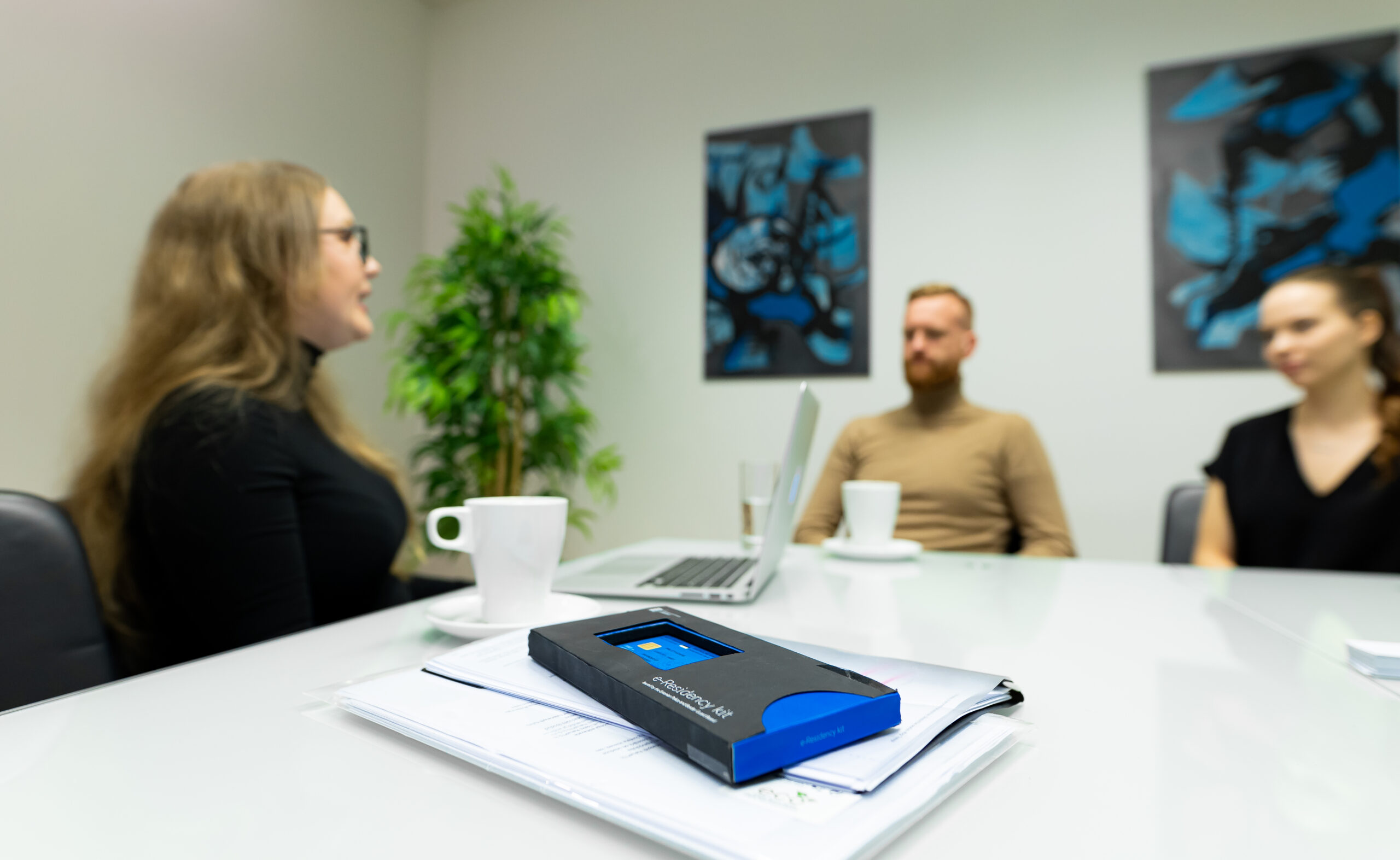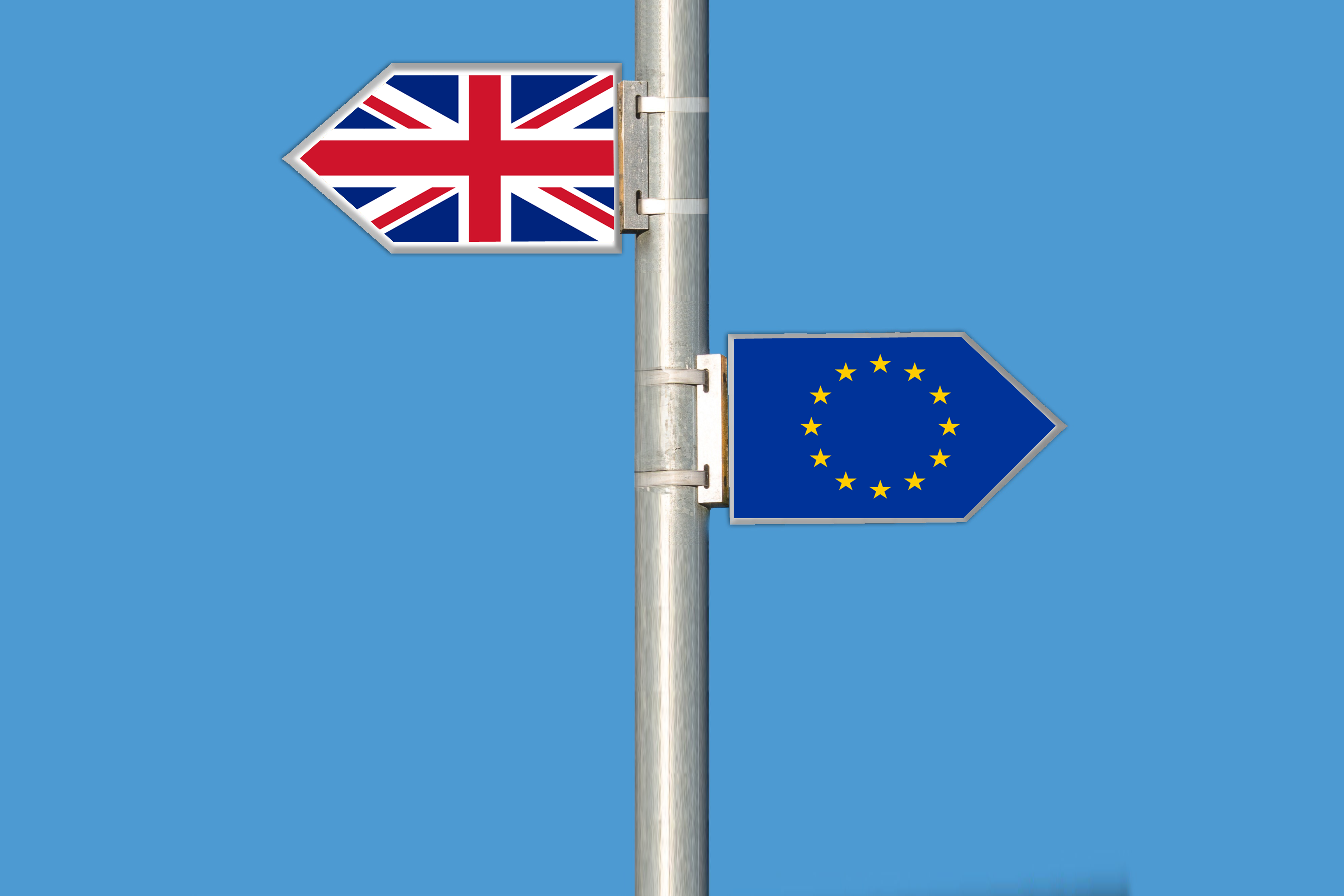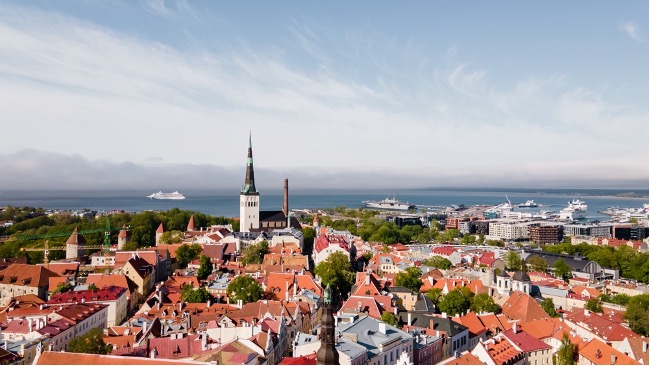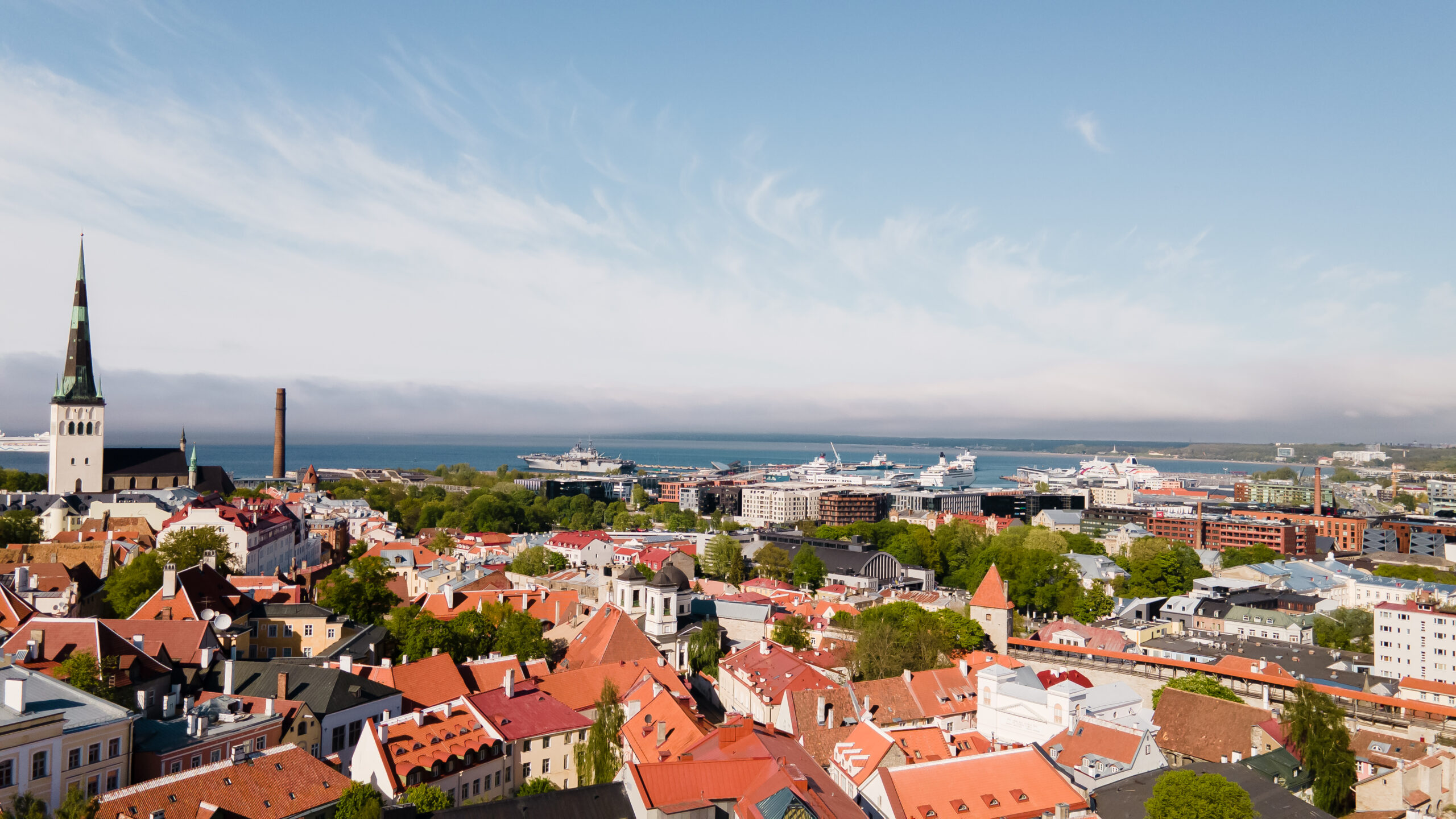Embarking on the journey to establish a business in the European Union (EU) comes with a wealth of opportunities and choices. Aspiring entrepreneurs often find themselves at a crossroads, considering various EU member states as potential business hubs. In this blog post, we take you on a comprehensive tour, we give you detailed information and comparison of EU countries for business, comparing Estonia's business environment with 6 other EU countries. From company registration processes to taxes, infrastructure, and overall advantages, we present a detailed analysis to help you make an informed decision for your entrepreneurial venture.
Estonia
Company Registration: Estonia's revolutionary e-Residency program epitomizes efficient, online company registration that empowers global entrepreneurs. The process is streamlined, reducing the timeline to establish an EU-based company to a matter of hours.
Registering a company will usually take 2-3 days.
Cost: 265 euros.
Business Establishment: Estonia's startup ecosystem thrives in an environment where minimal bureaucracy fosters rapid business establishment, encouraging innovation to flourish.
Taxes and Benefits: The allure of Estonia's unique tax structure, which taxes corporate income only upon distribution, appeals to businesses seeking a simplified and equitable taxation approach.
The Standard Corporate Income Tax (CIT) rate is 20%. A reduced CIT rate of 14% is applied if dividend payments are regular.
Infrastructure: With advanced digital infrastructure and EU membership, Estonia acts as a strategic gateway to the larger European market.
Pros: E-Residency potential, business-friendly bureaucracy, tax incentives, and seamless access to the EU Single Market.
Cons: Potential talent shortage and a relatively small domestic market.
| 🌏🔍 | Company incorporation time | Company registration cost | Corporate Income Tax (CIT) | Personal Income rate |
| Estonia | 1-3 days | 265€ | The Standard Corporate Income Tax (CIT) rate is 20%. A reduced CIT rate of 14%. | Personal income tax is 20% for everyone. |
| Germany | 2-6 weeks | 2000-3000€ | The income of a corporation is qualified as business income that is subject to corporate tax and municipal trade tax at an approximate total rate of 30%. | Personal Income Tax Rate in Germany averaged 47.73%. |
| France | 2 weeks | 3850€ | The standard corporate tax rate is 25%. | The maximum rate was 59.6% and minimum was 22.5% - average is 45%. |
| Spain | 6-16 days | 3700€ | The general rate of company tax is 25%. | The maximum rate was 56% and minimum was 43% - average is 47%. |
| Italy | 7-14 days | 2800€ | The corporate tax in Italy is set at 24%. | The standard rates of income tax range from 23% to 43% - average 28.8% |
| Netherlands | 3 weeks | 50€ | The standard CIT rate is 25.8%. | The Netherlands has a progressive tax system with a combined top rate on personal income of 49.5%. |
| Belgium | 10 days | 6850€ | Corporate Tax Rate in Belgium remained unchanged at 25 % in 2023. The maximum rate was 48 % and minimum was 25%. | In Belgium, the average single worker faced a net average tax rate of 40.3%. |
Germany
Company Registration: Germany's structured company registration process is efficient, though it may entail a longer timeline compared to Estonia's digital avenue.
Registering a company will usually take 2-6 weeks.
Cost: 2000-3000 euros.
Business Establishment: Germany's mature business ecosystem offers access to a highly skilled workforce and a diversified range of industries.
Taxes and Benefits: While Germany's economic stability is a draw, higher corporate tax rates may impact profitability for certain business models.
The income of a corporation is qualified as business income that is subject to corporate tax and municipal trade tax at an approximate total rate of 30%.
Infrastructure: With its robust infrastructure and central EU location, Germany functions as a vital hub for logistics and distribution.
Pros: Experienced workforce, established business ecosystem, and expansive EU market reach.
Cons: Elevated corporate taxes and potential delays in registration.

France
Company Registration: France's company registration process is thorough and potentially time-consuming due to documentation requirements.
Registering a company will usually take 2 weeks.
Cost: 3850 euros.
Business Establishment: France's diverse economy and access to the EU market open avenues for businesses targeting a broad consumer base.
Taxes and Benefits: France extends social benefits and investment incentives, although its taxation structure may pose complexities for certain business frameworks.
Corporate Tax Rate in France is 25%.
Infrastructure: Centrally situated within the EU, France boasts a robust transportation network facilitating trade and connectivity.
Pros: Diverse economy, EU consumer access, and strong infrastructure.
Cons: Complex registration process and potential tax intricacies.
Spain
Company Registration: Spain offers a relatively straightforward company registration process, albeit with potential regional variations.
Registering a company will usually take 6-16 days.
Cost: around 3700 euros.
Business Establishment: Spain's varied industries, coupled with its dynamic tourism and cultural sectors, present diverse business opportunities.
Taxes and Benefits: Competitive corporate tax rates and tailored industry incentives render Spain attractive to businesses seeking advantages.
The general Corporation Tax rate in Spain is 25%.
Infrastructure: Spain's Mediterranean location and well-connected transportation networks enhance its appeal for trade and tourism.
Pros: Favorable corporate taxes, diverse industries, and a thriving tourism sector.
Cons: Regional differences in processes and potential bureaucratic challenges.
Italy
Company Registration: Italy's company registration process is meticulous, involving thorough documentation and potential bureaucratic hurdles.
Registering a company will usually take 7-14 days.
Cost: 2800 euros.
Business Establishment: Italy's rich culture and diverse economy offer opportunities for ventures ranging from arts to technology.
Taxes and Benefits: While Italy provides incentives for specific industries, its corporate tax rates can be relatively high.
Company Income Tax Rate in France is 24%.
Infrastructure: Italy's rich history and Mediterranean location contribute to its attractiveness as a cultural hub.
Pros: Cultural richness, diverse economy, and niche industry incentives.
Cons: Complex registration process and potentially higher corporate taxes.

The Netherlands
Company Registration: The Netherlands offers a straightforward company registration process, reflecting its efficient business environment.
Registering a company will usually take 3 weeks.
Cost: 50 euros.
Business Establishment: With a strong business ecosystem, the Netherlands is appealing for technology and innovation-focused ventures.
Taxes and Benefits: While corporate tax rates in the Netherlands are competitive, some business structures may face complexities.
The standard Company Income rate is 25.8%.
Infrastructure: The Netherlands boasts modern infrastructure and access to key EU markets.
Pros: Technological innovation, robust infrastructure, and competitive corporate taxes.
Cons: Potential tax complexities for specific business models.
Belgium
Company Registration: Belgium's company registration process can be intricate, requiring meticulous documentation.
Registering a company will usually take 10 days.
Cost: 6850 euros.
Business Establishment: Belgium's diverse economy and strategic EU location provide access to international markets.
Taxes and Benefits: Belgium's corporate tax rates vary based on income thresholds, and it offers various incentives for businesses.
Corporate Income Tax is 25%. There's a 30% tax on dividends that you perceive through shares that you hold.
Infrastructure: As a gateway to Europe, Belgium enjoys well-connected transportation networks.
Pros: Strategic EU location, diverse economy, and incentives for businesses.
Cons: Complex registration process and potential variations in tax rates.
Selecting the ideal EU member state for your business venture requires careful consideration of multiple factors. Estonia's business environment, characterized by its e-Residency program, digital agility, and favorable tax system, presents a compelling case for entrepreneurs seeking to establish a foothold in the EU market. While each of the 10 EU countries examined in this blog post offers unique advantages and challenges, Estonia stands out as an innovative and dynamic option for businesses looking to access the EU market efficiently and strategically. Ultimately, the right choice hinges on aligning your business goals with the strengths of the chosen member state's business landscape.
Want to know more about your options? Interested in accessing the EU free market? You are always welcome to book a free 30 minute consultation with us here. Contact us via email at info@nomadbusinesssolutions.eu or visit our website here.
